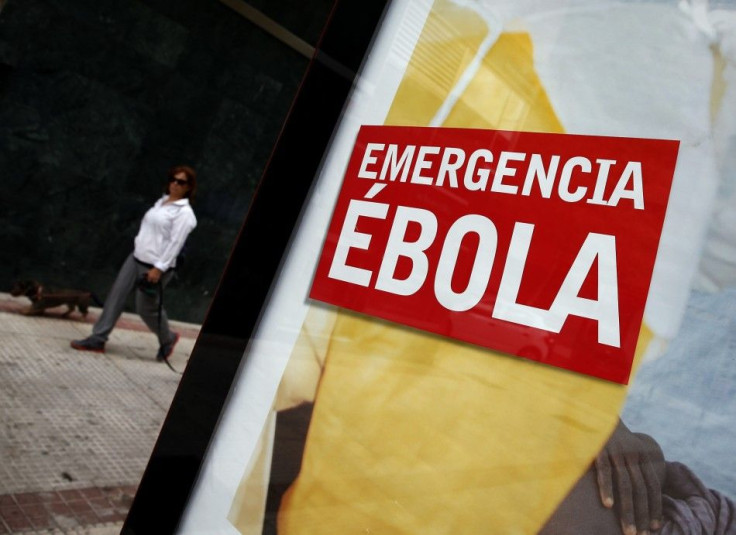New Zealand Portable Machine To Undergo Testing For Quick Detection Of Ebola

A portable device in New Zealand that tests DNA samples for viruses will be undergoing accelerated testing with the hope that it can be used to contain Ebola. RadioNZ reports that the device known as Freedom4 was developed by researchers from the University of Otago in the past six years. Lead researcher Jo-Ann Stanton said the device will be brought to the United States for testing within the week to ensure it can diagnose Ebola accurately.
Stanton explained that Freedom4 can perform a test, which normally would take days in laboratories, in just about 90 minutes. She said the machine can help healthcare workers diagnose Ebola and other viruses when out in the field. She was confident that the portable device can detect Ebola.
Ubiquitome chief executive officer Paul Pickering, whose company manufactures the device, said the best way to stop a disease is to prevent it from spreading with the help of early diagnoses and isolation. He is also confident that Freedom4 can work faster than traditional laboratory tests. He said his company, along with the researchers, feels that the device will be able to help contain the current outbreak.
Meanwhile, health experts in New Zealand have maintained that the risk of Ebola in the country is low. Michael Baker, a professor at the University of Otago, told media that neither New Zealand nor Australia was at high risk of an Ebola outbreak. After Australia has been criticised for not sending more help, New Zealand Medical Association chairman Mark Peterson said it's not likely that risk will be increased. However, he claimed New Zealand is capable of caring for possible Ebola patients.
The World Health Organisaton has announced last week that hundreds of thousands of doses of experimental Ebola drugs will be ready by the middle of 2015, reports said. WHO Assistant Director-General Marie-Paule Kieny said the vaccines will be manufactured by the end of 2015. He added that pharmaceutical companies developing the vaccines are committed to increase production. WHO warns that there is no guarantee for vaccines to stop the outbreak.





















